
- OUTSIDE
- Our responses to the changes caused by AI
content area
The changes AI will bring and our responses
AI is at the center of many technologies that can change our future. Now the development of AI technology has given rise to expectations of social and economic change together with concerns of problems that may emerge newly. The present discussion will focus on the direction that AI should follow.- Story by Lee Joo-Sun, Head of Enterprise&Economy Research/Affiliated Professor at Yeonsei Graduate School of Business Administration
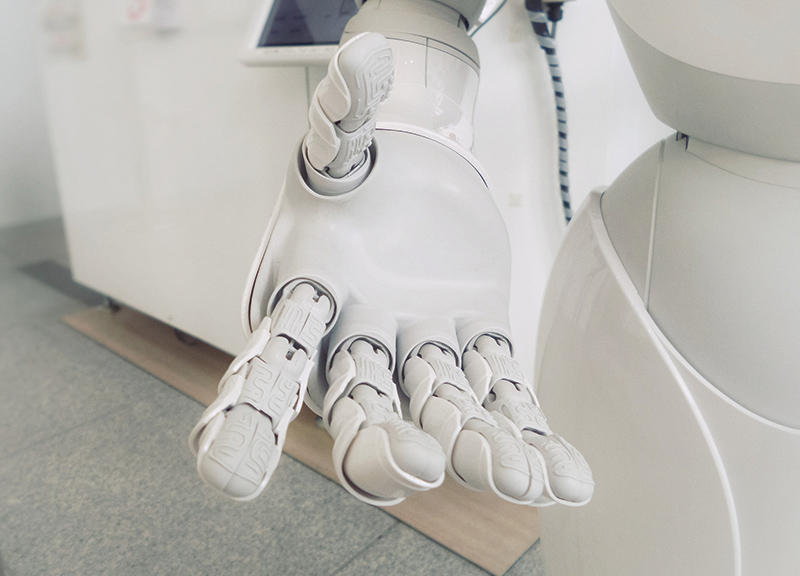
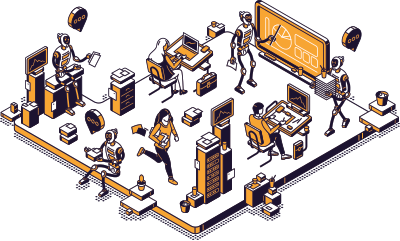
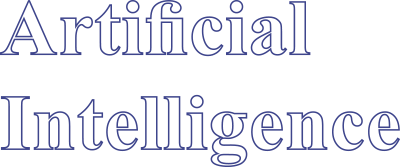
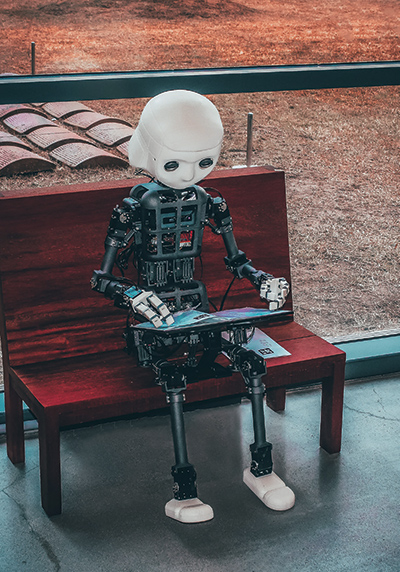
From AGI to hyper-intelligence, the advancement of AI seems to have already passed the inflection point. Ray Kurzweil predicted that a singularity that matches with the natural intelligence would emerge to reach the level of Artificial General Intelligence (AGI) in 2029 and hyper-intelligence in 2045. Last year, Elon Musk predicted that ‘Super Human AI’ would appear within the next 5 years, attracting much controversy. Most leading experts and entrepreneurs in this field expect higher possibilities of its realization by 2060 in the middle of this century.
Including the academic sphere, the reason that overall industry pays an exceptional interest in AI is the disruptive nature of the technologies made possible by AI. As Kurzweil and Musk insisted, if AGI is realized within the next 10 years, it would be difficult to take proper action against the risks and problems predicted currently. However, the high-notch deep learning AI is still in the primary stage with respect to AGI. For example, α-zero and α-star of deep mind and the GPT-3 of open AI seemed to show exceptional competence. However, automation drive is not still possible with them. Also, it is still not possible to treat natural language with α-zero or to play games with GPT-3. It is true that latest AI technologies are showing signs of exponential growth. In other words, in several areas, they happen to outperform people with the highest skills. Therefore, a balanced preparation is important to extract the most benefits and manage the risk and uncertainties of technical innovation that the disruptive technology retains. The ripple effect of AI on our life can be seen largely in the economic areas of jobs, productivity, economic growth, trade and investment. Also, it will have significantly high impact on trade and competition in the market and the policies and restrictions implemented by the government. There are various other issues such as the weaponisation, agreement, control, inclination and diversification of AI and the transition to a surveillance society. Currently, there has been ongoing debate on the action against them. It is hard to explain all these issues here. Therefore, I will briefly explain the impact the development of AI has on works and jobs, productivity and economic growth, and trade and investment as well as the ripple effect on the markets and the government, and discuss countermeasures.
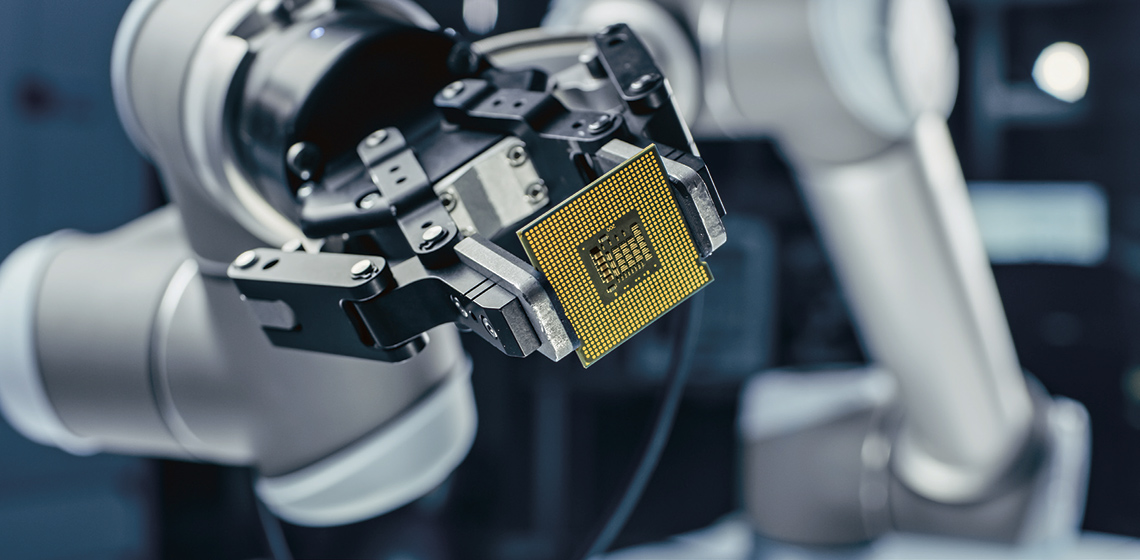
Advancement of AI and Economic Growth
The development of AI presents a strong possibility that works and jobs that depend on the computer or have been modularized will become redundant. For example, there is a high possibility that an accountant’s services will no longer be required but a gardener will survive. It is because it is easy for the company to switch to AI and accordingly the profit through cost reduction is greater out of the gardener than out of the accountant. Such changes will be amplified in many directions such that that the decreasing manpower requirement will be a long term trend. It is expected that the appearance and advancement of such AI will cause the disappearance of 400 million jobs worldwide by 2025. This accounts for about 15% of jobs in the world. On the other hand, the world economy is expected to see at least the current level or slight increase of jobs thanks to the large-scale expansion of reconstruction investment on infrastructures due to the growing world population, increasing income, and climate change. There is also the possibility that the expansion of AI adoption will generate countless ‘unprecedented’ jobs. Among those jobs, the income from the jobs in relation to the design, production, and operation of AI is bound to increase continuously for the next few decades. However, it is uncertain whether many other jobs would be as good as they had been in the past.

Reasonable Trade and Fairness
The AI in the market enables consumers to collect and use information and to promote ‘Algorithm Consumerization’ for the reasonable selection of consumption. Also, AI can adjust the trade and price of enterprises in real-time for the efficient operation of the market. However, trade will be at the center of a platform to strengthen the dual market feature and the hybrid characteristic of enterprise and market. Especially, the use of AI will enable enterprises to set customized PSR (Price Selling Ratio) that has been only in the textbooks until now and also set and maintain a common exclusive price without collusion by several enterprises. Moreover, there is a possibility of core issues being generated in the market trade such as the risk to privacy in relation to the use of data and various issues in relation to the possession and use of data and the responsibility after its use.
On the other hand, various ripple effects mentioned before are expected to yield great accomplishments such as the improvement of the living standard and quality according to the exponential growth of economy, the expansion of prospective healthy lifespan thanks to better management of aging and diseases, and a successful response to space development and climate change. Therefore, such adoption and use of AI seems to create opportunities for pioneering enterprises and countries to become Superstar Firms or leading countries.
However, various common public issues are expected to occur such as increase in the gap of income distribution, expansion of an ambiguous policy standard for fair trade, decreased validity of relevant restriction and incentive system in relation to external trade and investment, demarcation of the property rights over data, difficulties in its use, and the transfer of external economic policy in relation to trade and overseas investment. In addition, such issues will be presented as the previous education system and curriculums turning irrelevant.
Therefore, our future will be determined based on whether the government will be able to establish a reasonable policy system for restriction, taxation, industry, science and technology, trade and investment, and education and play the role of a pioneer in AI. It is necessary to develop relevant standards through a platform for global discussion in order for the government to promote the benefits of adopting AI and take proper action against associated issues.
-
In several areas, AI happens to outperform the most exceptionally skilled people. Therefore, a balanced preparation is important to maximize the benefits and safeguard society against the risk and uncertainty of technical innovation that the disruptive technology brings. The ripple effect of AI on our life can be seen largely in the areas of jobs, productivity, economic growth, trade and investment.
-


